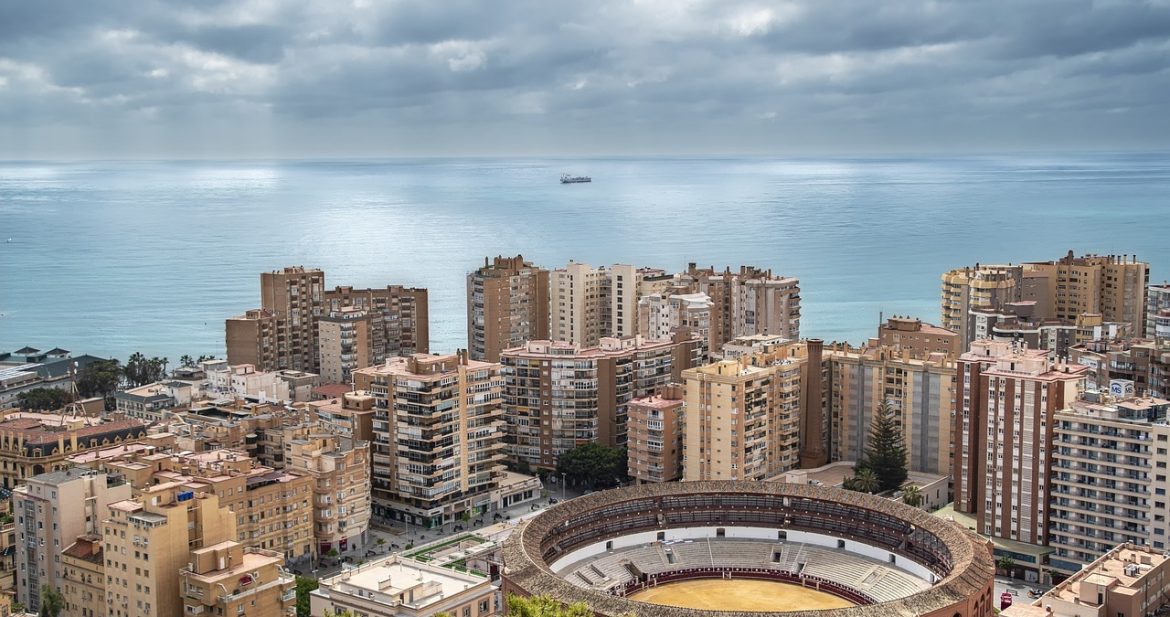Spain’s Golden Visa program, a flagship residency-by-investment initiative launched in 2013, is officially coming to an end following a decisive vote in the Congress of Deputies. The move marks a significant policy shift in the country’s approach to foreign investment and immigration.
What Is the Golden Visa Program?
The Golden Visa program allowed non-European Union citizens to gain Spanish residency in exchange for substantial financial investments. The most popular route was through real estate, requiring a minimum property purchase of €500,000. Other options included investing €1 million in Spanish companies or €2 million in government bonds. Over the years, the program attracted thousands of investors, particularly from China, Russia, and the Middle East, boosting the real estate sector and providing liquidity to Spain’s economy.
Why Is It Ending?
The program has faced increasing criticism in recent years for its unintended consequences. Critics argue that it:
• Inflated Property Prices: The influx of foreign investors drove up housing prices in major cities and tourist areas, making homeownership less affordable for local residents.
• Raised Security Concerns: There were fears that the program could be exploited by individuals seeking to launder money or engage in illicit activities.
• Worsened Economic Inequalities: Many viewed the scheme as favoring wealthy foreigners at the expense of broader societal needs.
Prime Minister Pedro Sánchez and his Socialist Workers’ Party (PSOE) have championed the program’s repeal, aligning with a broader European trend of rethinking Golden Visa initiatives. Countries like Portugal and Greece have already taken steps to restrict or end similar programs.
Legislative Journey to Repeal
The road to ending the Golden Visa was not without obstacles. Earlier in December 2024, the Senate, led by the opposition Popular Party (PP), vetoed the proposal to terminate the program. However, on December 19, 2024, the Congress of Deputies used its constitutional authority to override the veto. The final vote, with 177 in favor and 170 against, reflected the divided opinion on the issue.
Implications for Spain
The end of the Golden Visa program will have several immediate and long-term implications:
• Foreign Investment Decline: The scheme was a significant driver of foreign capital, particularly in the real estate market. Its removal may reduce investment inflows.
• Housing Market Adjustment: The move is expected to ease pressure on the housing market, potentially stabilizing or lowering property prices.
• Alternative Strategies: The Spanish government is likely to explore other ways to attract foreign investment that align with social equity goals.
A Broader European Trend
Spain’s decision mirrors actions taken by other European nations. Concerns about the impact of residency-by-investment programs on local housing markets and their potential for abuse have led to increased scrutiny across the continent. The European Commission has also been advocating for tighter regulations on these programs.
As Spain prepares to officially abolish its Golden Visa program, the move highlights the growing priority of addressing housing affordability and social equity over short-term financial incentives. While the decision has been praised by some as a step toward a more inclusive economic model, it also raises questions about the future of foreign investment in Spain. The coming months will reveal how the country navigates this significant policy change and whether it can strike a balance between economic growth and social responsibility.





